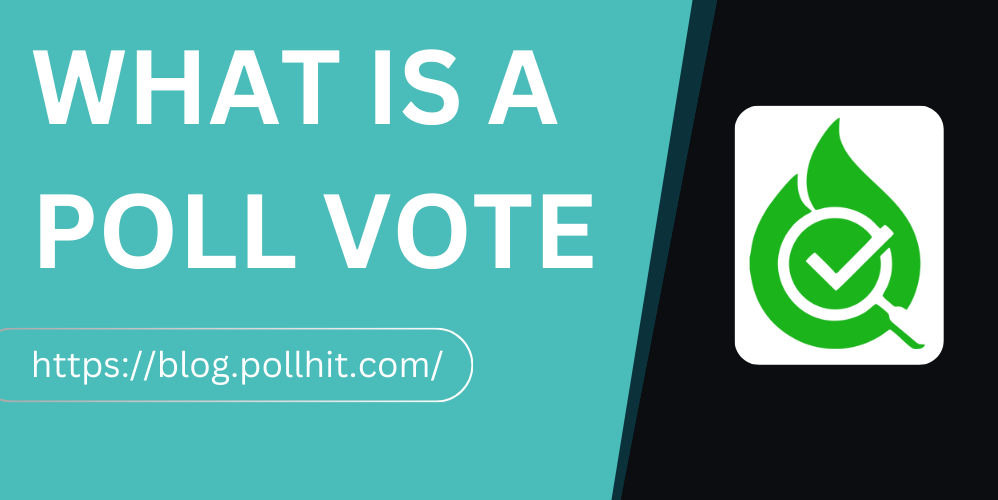In a poll vote, the number of shares held by members who are physically present at the meeting, by proxy or corporate representative, and by members who cast their votes in advance determines the outcome of the resolution rather than the total number of attendance.
What does Poll Vote mean?
In the process of conducting a poll vote, the determination of votes allocated to a resolution is intricately tied to the total shares owned by participating members. This calculation takes into account the shares held by individuals who are physically attending the meeting, those represented by a proxy or a corporate representative, as well as votes submitted in advance. Rather than depending on the sheer number of individuals present in person at the meeting, this method ensures that the weight of each vote is directly linked to the underlying ownership of shares by the members involved. By adopting this approach, the voting system emphasizes the significance of shareholders’ ownership stakes, thereby enshrining a more equitable and representative decision-making process within the context of the meeting. This method also offers a fair and structured way to validate and quantify the collective preferences and intentions of shareholders, regardless of their physical presence at the actual meeting. Such a systematic and comprehensive approach to voting reflects a commitment to transparency and inclusivity, fostering an environment where every shareholder’s voice, whether expressed in person, through a proxy, or in advance, carries appropriate weight and influence in shaping the outcomes of the resolutions under consideration.
Poll
A poll serves as a tool for gathering information by conducting a survey that seeks the viewpoints and preferences of individuals, typically to ascertain the level of favor something holds in society or to gain insights into anticipated future actions of respondents. Through the methodical process of polling, which involves the systematic collection of data through structured questions, organizations and researchers aim to capture the collective pulse of a given population on specific topics or issues of interest. This valuable feedback obtained from polls plays a crucial role in shaping decisions, policies, and strategies by providing a snapshot of public sentiment, enabling stakeholders to make informed choices based on the aggregated perspectives of the surveyed individuals. Furthermore, poll results often serve as indicators of public opinion trends over time, reflecting the evolving attitudes and inclinations within society towards diverse matters ranging from political candidates and policies to consumer products and social causes. Ultimately, the significance of polls lies in their ability to offer insights into the prevailing preferences and intentions of the populace, thereby facilitating a deeper understanding of societal dynamics and influencing decision-making processes across various domains.
Vote
When you participate in the democratic process by voting, you exercise your right to express your preference formally within a group setting, such as a meeting or electoral event, where decisions are made collectively. This could involve physically showing your decision by raising your hand, submitting a marked ballot, or engaging in electronic voting methods, signifying your support for a specific candidate, proposal, or action. By casting your vote, you play an essential role in shaping the outcome of a decision-making process, contributing your individual voice to the overall collective will of the participating members. This act of voting not only serves to demonstrate your personal stance on a given issue but also reflects your commitment to civic engagement and the governing principles of democracy, promoting transparency, accountability, and equality within the larger societal framework. In essence, through the simple yet powerful act of voting, you actively participate in the foundation of a democratic society, strengthening the bond between individuals and the governing bodies that represent them, while ensuring that the voices of all citizens are heard and respected in the ongoing pursuit of a fair and just governing system.
Conclusion
A vote cast or a poll vote demanded by an individual serving as a proxy will be accepted regardless of whether his appointment as a proxy has previously ended, provided that the Company is promptly informed in writing of the termination before the vote is cast or the vote is demanded.
